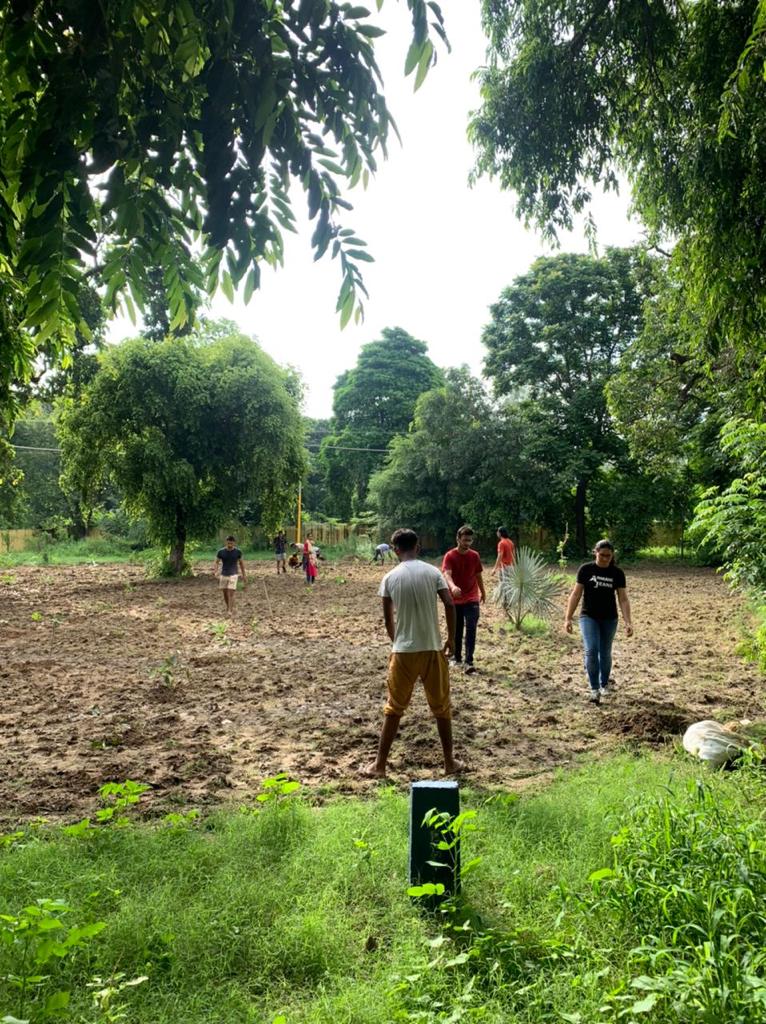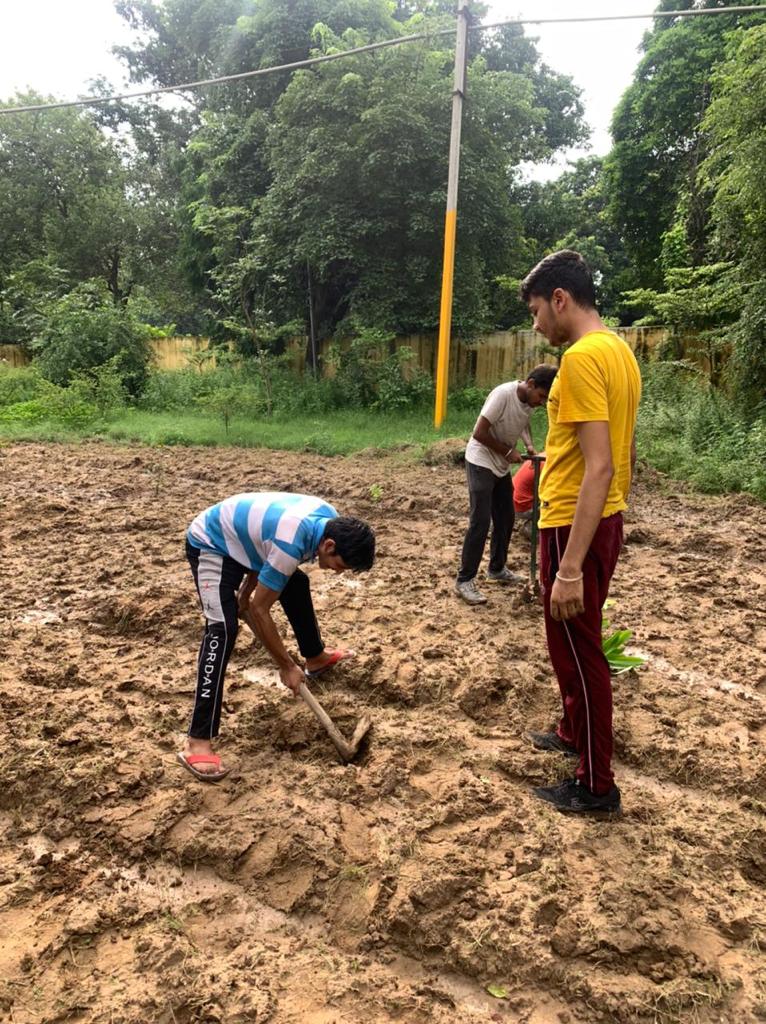Chhavi Bhatia
Kapurthala—“If we do not take stock of rampant deforestation now, the consequences would be unfathomable,” said Varun Kaura as he sifted through saplings while calculating the measurements of the pits to be dug. Hundreds of seedlings including fruits, herbs, shrubs, flowers are being planted in an area of 1.20 acres at Civil Rest House here by The Punjab Club, a non-profit organisation, of which Kaura is a part. Under the Kapurthala Forestation Project, more than 7000 trees are to be planted at the government property and its surrounding area, focused on increasing the green cover.

The Punjab Club team had envisaged this project four months ago, worried by the state’s tree cover which stands at an abysmal 3.67 per cent, second lowest in the country. The objective is to plant a few thousands trees in a pre-identified land to eventually turn into a forest, thriving with its own eco system of flora and fauna. It took the Punjab Club about two months to shortlist the place and getting the same approved from the government. “We reached out to Kapurthala administration to provide us with some spare land that could be utilised. Senior officers were very forthcoming and this is how we zeroed in on the Civil Rest House,” shared Kaura.

Before starting the field work, members of the non-profit, that include working professionals from different sectors and students, held extensive brainstorming sessions with environment and forest experts to turn a barren land into a dense forest replete with tall trees, vines, creepers, and an eclectic mix of fauna. The Punjab Club then used social media to spread the word, urging people to volunteer in the drive and crowd fund it. “We started working from a scratch–from making the soil ready to its nutrients, mulching, composting, water supply, the type of plantations and methods,” said the 30-year-old local who himself hails from an agriculture background. They are using spatial and Miyawaki techniques for the afforestation with the latter helping them make optimum use of the area by planting more trees in less space. The result is a low-maintenance dense forest.
“It is important that we realise the urgency to plant trees and stop chopping them, Urbanisation is a curse in the present scenario. Moreover, as responsible citizens, it is essential that we leave behind a green planet for future generations,” stated Kaura.




